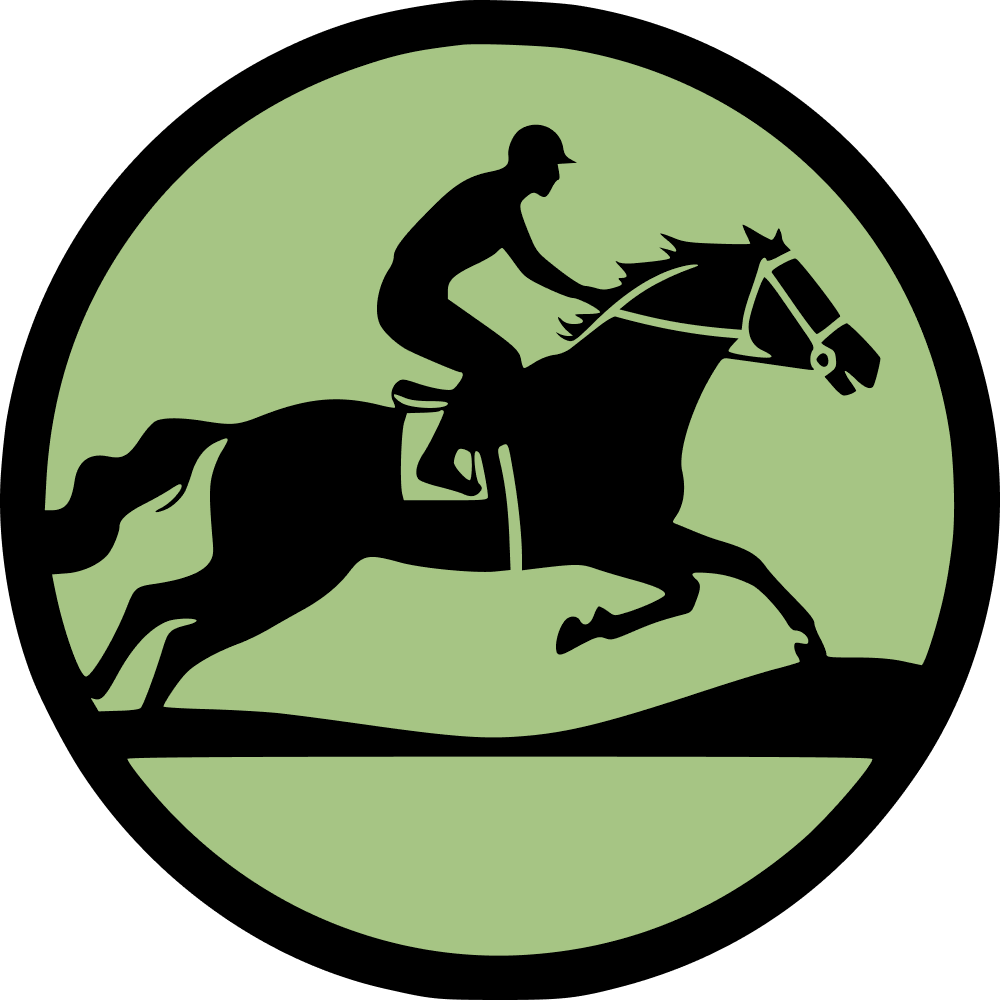Journey of the jockey
Driedger, an award-winning jockey, achieved great success throughout his career, winning over 1,600 races. Even after retiring from riding, he continued to make a powerful impact on the sport. Alongside his extraordinary track record, Driedger made invaluable contributions to the Jockey's Benefit Association of Canada and served as the Director of Racing Surfaces at Woodbine for more than ten years. His distinguished achievements led to his induction into the Canadian Horse Racing Hall of Fame in 2023, and he will always be held in high regard by Woodbine and the entire racing community in Canada.
Driedger's journey in the racing world began when Clifford "Shorty" Gray hired him as an exercise rider at the age of 11. As a young schoolboy from Russell, Manitoba, with blond hair, he weighed only 78 pounds. His first win on a race track came at the Neepawa Fair Grounds on a horse named Admiral Zenith.
Little did anyone know that Driedger would go on to secure multiple riding championships at Assiniboia Downs and even break records along the way. By 1972, at the age of 16, he was riding professionally in less prestigious races. He achieved his first win at a renowned track in a Lethbridge snowstorm during the fall of 1972, riding Swishaway. In 1973, Driedger joined the Downs under a contract with Ken Adams, but he faced various challenges along the way.
The trainers would utilise the young and inexperienced rider from Russell in the morning, but they preferred a more seasoned jockey for the evening races. Therefore, Irwin's initial victory at the local racecourse didn't occur until June 27, 1973. And what an impressive triumph it was! Count I, a 10-year-old horse owned by Kenny Adams, paid a noteworthy $49.10 for a $2 bet on the nose! Being an apprentice in 1973 was far from easy for Irwin. He earned a mere $15 per week performing tasks such as cleaning stalls, grooming, and galloping horses, at least he received free accommodations and meals.
From 1973 to 1982, Irwin competed at the Downs, although he had limited opportunities to ride in 1973 and spent most of 1974 recovering from a broken leg caused by a quarter horse that bolted towards the outer fence in Great Falls, Montana. Irwin's fortunes improved somewhat in 1975 and 1976, but his total number of career wins had not yet surpassed 100.
In 1979, Irwin achieved an unusual feat by winning 161 races at the Downs, setting a new record. He beat his record in 1980 with 180 wins. The following year, in 1981, he reached new heights by establishing the current record for the most wins by a jockey in a single season at the Downs, securing a staggering 214 victories. Given the current racing schedule, it's highly unlikely that this record will ever be broken.
One cannot discuss Irwin's massive career accomplishments without acknowledging his friend and vibrant agent, Lorne Spearman, who played an integral role throughout Irwin's career.
In 1983, Irwin returned to his hometown for the Manitoba Derby and achieved his final victory aboard Gone to Royalty, which also happened to be his only Manitoba Derby success.
Like many before him, Irwin recognised that his future lay in competing at the larger tracks in the eastern part of the country. Consequently, he ventured off to ply his trade at Woodbine, Greenwood, and Fort Erie, driven primarily by economic factors.
In 1981, Irwin achieved a total of 220 wins (214 of which were local races), earning a combined purse of $800,000. In 1984, he secured 111 victories in the eastern tracks, with total purses amounting to $1.6 million. Do we need to say more?

Notable Awards
1979: Irwin was honoured with the Chris McCance Memorial Trophy as Manitoba's Male Athlete of the Year for his exceptional achievement of 161 wins at the Downs.
1981: He received a Sovereign Award, which identifies him as Canada's Outstanding Jockey. The Sovereign Award is Canada's equivalent of the Eclipse Award presented to jockeys in the United States. In addition, Irwin was awarded the Joe Perlove Trophy for being Canada's leading percentage rider.
1998: Irwin was the recipient of the Avelino Gomez Memorial Award, bestowed upon Canadian-born/raised jockeys who have made significant contributions to the sport.

Return to the Downs, as a last step in his career… Why?
The reason behind that is that C.J. "Shorty" Gray, the individual who encountered him riding a pony when he was just 11 years old on a street in Russell, Manitoba, made the request, and he did so.
They designated August 12, 1990, as "Irwin Driedger Day" at the Downs, and it could have been a storybook conclusion to his astonishing career. However, his performance on that day was less than stellar, with only a third-place finish and two fifth-place finishes among his three horse rides.
The prominent rider on Irwin Driedger Day was a young Brian Bochinski, who had a promising future in his riding career. Coincidentally, Brian idolised Irwin and sought to emulate him, becoming the new successor to the throne with his golden locks.

